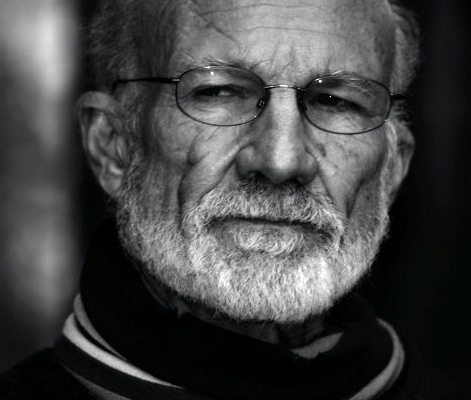Stanley Hauerwas, Working with Words: On Learning to Speak Christian
 Relating to the craft of theology and the ministry, Hauerwas postulates that those serving in the Christian ministry face the problem of loneliness more than the temptations of lusts and misconduct (85). The antidote is learning to listen and speak as Christians; this discipline is achieved by cultivating habits of good reading (87-93), especially “the reading of scripture disciplined by the rule of faith” (106). Christians must also learn to discern the subtlety of avarice and greed which “kill the possibility of knowing God”. We are reminded that these insidious desires are often presented as noble goals which will move us towards human flourishing and abundance, or at least are no worse than innocent curiosities (127-138). Still, Hauerwas wants his readers to remember that the process of growth is never an individualized affair. As such, he never gets tired of saying, “we desperately need one another”, or reminding he readers of the manifold expressions of love we can receive from each other (141).
Relating to the craft of theology and the ministry, Hauerwas postulates that those serving in the Christian ministry face the problem of loneliness more than the temptations of lusts and misconduct (85). The antidote is learning to listen and speak as Christians; this discipline is achieved by cultivating habits of good reading (87-93), especially “the reading of scripture disciplined by the rule of faith” (106). Christians must also learn to discern the subtlety of avarice and greed which “kill the possibility of knowing God”. We are reminded that these insidious desires are often presented as noble goals which will move us towards human flourishing and abundance, or at least are no worse than innocent curiosities (127-138). Still, Hauerwas wants his readers to remember that the process of growth is never an individualized affair. As such, he never gets tired of saying, “we desperately need one another”, or reminding he readers of the manifold expressions of love we can receive from each other (141).
Words have consequence.
In examining the lessons of discipleship from mentors and friends, Hauerwas urges readers to side-step the caricatures of modernity in our daily living. For instance, he explains that people have learned from modernity to compartmentalize their life; and as a result, people mistakenly pursue mind over body, and fact over value (203, 206). To this development, Hauerwas calls Christians to embrace life and avoid the aforementioned unhealthy dualisms by attending to the ordinary life (174, 201). By practicing “the liturgies of everyday life,” we could counter some unhealthy tendencies in everyday living, especially those that would impoverish relationships and become detrimental to believers’ witness (174, 178). He further recommends that Christians embrace “a creative and charitable relation to plurality” by becoming open to engage others (182, 187). For Hauerwas, embracing attitudes of forgiveness, openness, and love would help Christians create “paths for moving beyond the impasses and closures of the secular age” (184, 186). More importantly, Hauerwas urges Christians to cultivate and acquire ethical virtues for living a happy life (216). The Methodist “religion of the heart” is not merely directed at one’s inner disposition; it contains communal, social and political implications (262). Hence, Christians who explore theologically what it means to be human must necessarily pay attention to gender, sexuality and ethics when they develop communal relationships; all of these must be pursuit in the spirit of the beatitudes, and the ongoing quest for holiness and happiness (233, 257). Ultimately, “to be Christian is to learn to be a participant in the life of God,” claims the theologian (269).
Category: Living the Faith, Pneuma Review, Spring 2013


